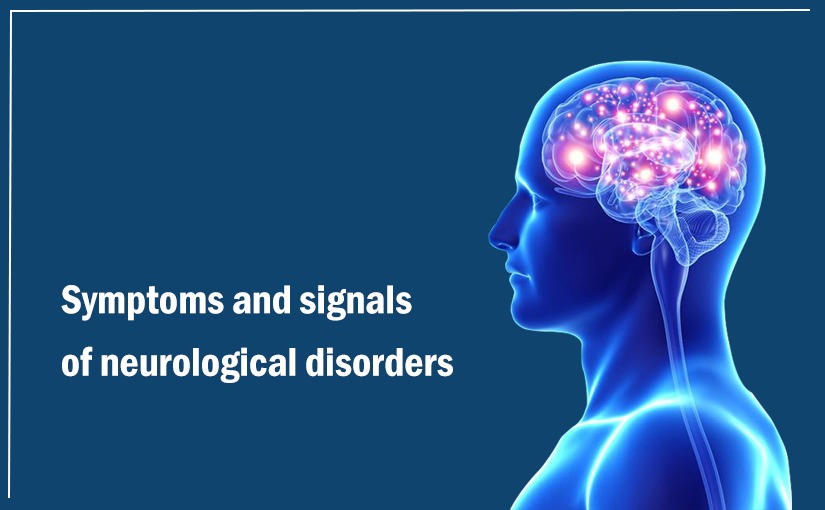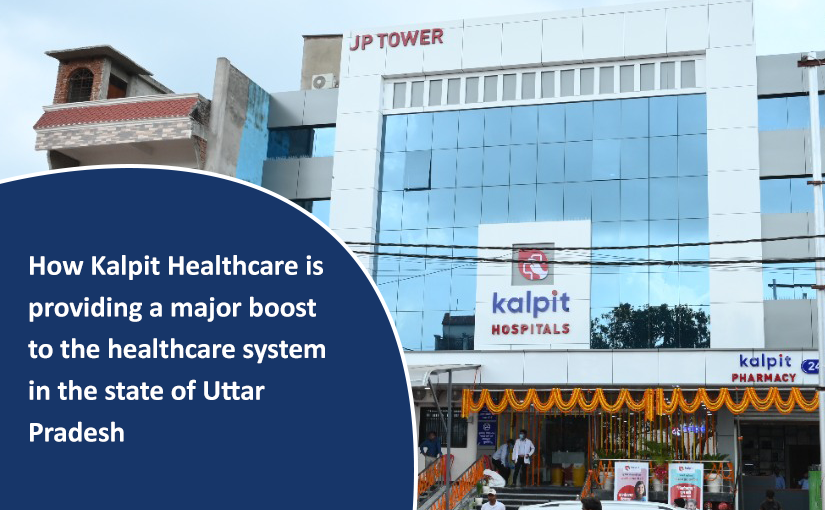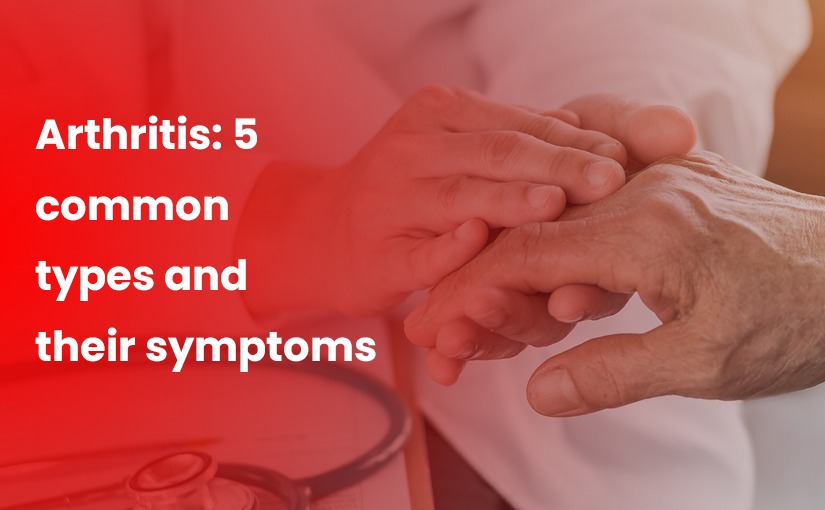Neurological disorders are major causes of death and disability worldwide. These disorders affect the central and peripheral nervous systems. The brain and the spinal cord constitute the central nervous system, while the nerves that branch out from these areas and into the other parts of the body is the peripheral nervous system.
There are over 500 minor and major neurological disorders. Kalpit Hospital, a multispecialty hospital in Khalilabad, Uttar Pradesh, is committed to providing the best services. We also strive to make people aware of various health issues. Here, in this blog, we endeavour to inform you about the 5 most common types of neurological disorders, causes, symptoms and their treatment.
What are neurological disorders?
Our nervous system is responsible for various bodily activities and processes. A person suffering from neurological disorders may experience difficulties in any one of these or more – movement, sensations, breathing, speech, learning, memory and many more. There are various causes of these disorders. These may be:
• Genetic disorders
• Congenital abnormalities
• Infections
• Brain injuries
5 main types of neurological disorders
Headache
The prevalence of headaches is very common among people of all ages and increases with ageing. These are of different types, such as migraine, sinus and cluster headaches. They get triggered due to stress, lack of sleep, tension, missing meals or consuming alcohol.
In most cases, headaches can be treated by taking a pain reliever or by making some changes in lifestyle. However, some headaches can be a sign of serious medical conditions. These require seeking help from doctors. Some of such conditions may be:
• If you suffer regular headaches for over 15 days within a month.
• If you experience sudden and severe headaches.
• If you have headaches including fever, stiff neck, pain in the ear or eye, confusion and loss of consciousness.
Epilepsy
Epilepsy is a neurological disorder that causes disturbances in the activities of nerve cells and leads to seizures. This is caused due to abnormal electrical activities in the brain. It can start at any age, but the frequency is more in childhood or people over 60 years of age. Epilepsy can be caused due to stroke, brain tumour, brain infection, severe head injury, lack of oxygen during birth, drug or alcohol misuse or any other unknown cause.
Seizures are generally of two types:
• One is the generalised seizure, which affects both sides of the brain. This is again of two types.
Absence seizures may have symptoms such as rapid blinking and staring blankly in the space.
A tonic-clonic seizure is characterised by symptoms such as crying out, falling to the ground, muscles spasm or jerks or loss of consciousness.
• The other is the focal seizure, which affects any one specific area of the brain. This is of three types.
Simple focal seizure causes twitching and an unusual taste or smell.
Complex focal seizure causes confusion or disorientation.
The secondary generalized seizure begins with a focal seizure but is further followed by a generalised seizure.
Epilepsy is treated by taking anti-seizure medications and by following plans for self-management. These include:
• To keep records of seizures and the triggers of seizures.
• To take an adequate amount of sleep.
• To manage stress levels.
• To exercise regularly.
Alzheimer’s disease
Alzheimer’s disease is caused due to progressive mental destruction. It occurs due to the degeneration and death of brain cells. Premature senility and other mental issues are common due to Alzheimer’s disease. Most often, AD is common among people of advanced age. Some common symptoms of AD include:
• Losing of memory
• Losing or misplacing items
• Wandering and getting lost
• Repeating questions
• Judging poorly
• Finding difficulty in handling money or paying bills
• Losing spontaneity
• A feeling of anxiety and aggression or both
• Changing mood and personality
Currently, there is no definite cure for Ad. But Alzheimer’s Association is hopeful and states that the drug aducanumab (Aduhelm) can reduce the destruction of brain cells in people with early AD.
Parkinson’s disease
Parkinson’s disease is another neurodegenerative disease and is caused due to the loss of nerve cells within the part of the brain which is responsible for controlling movement and coordination. What really causes the destruction of nerve cells in PD is unknown, though many consider genetics and environmental factors to be the triggers.
Parkinson’s disease shows the following common symptoms:
• Muscle tremors which may begin from the hand or arm
• Muscle rigidity that affects movement and facial expressions
• A slow and shuffling walk
Currently, there is no sure treatment for PD. However, some medications, surgical procedures and supportive therapies help to alleviate symptoms and maintain a person’s quality of life.
Stroke
Stroke refers to the interruption of blood supply to a part of the brain. This causes a lack of oxygen and nutrients to the brain cells within the affected area.
In most cases, strokes are sudden and therefore the symptoms also occur suddenly. The symptoms of stroke depend on the affected area of the brain. The signs of a stroke may include:
• Numbness or weakness of the face, leg or arm especially on one side of the body
• Severe headache
• Difficulty in speaking, walking or seeing
• Loss of balance and coordination
• Dizziness and confusion
Stroke is a medical emergency that leads to disability and in severe cases death. However, if proper treatment is available on time, it helps a lot. Treatment includes removal or dissolving of blood clots and restoring blood flow to the brain through medication or surgery.
Conclusion
What we have mentioned in this blog is a small piece of information on neurological disorders. If anyone experiencesthese disorders must seek a doctor’s help for diagnosis and treatment. Kalpit Hospital, a multispecialty hospital in the heart of Khalilabad, Uttar Pradesh has top-notch facilities. Here, we have specialised doctors and surgeons who are there to help you at any time of the day. So, if you require any medical help, Kalpit Hospital is the best place.



